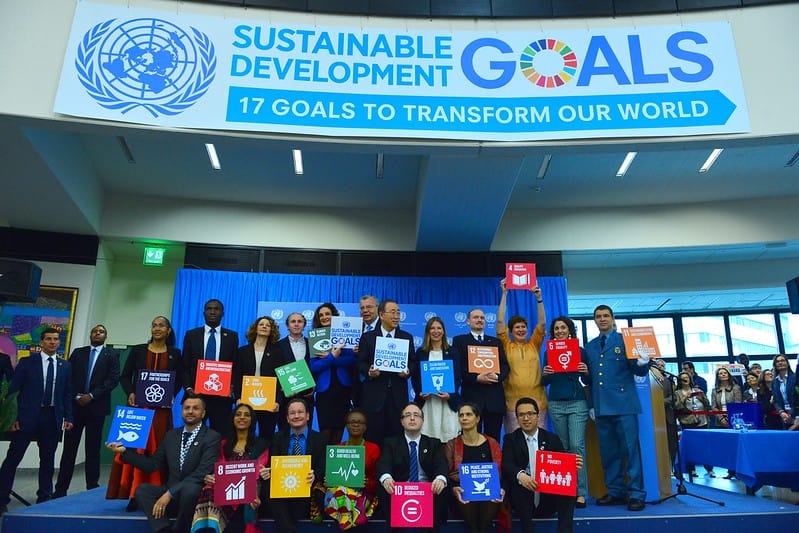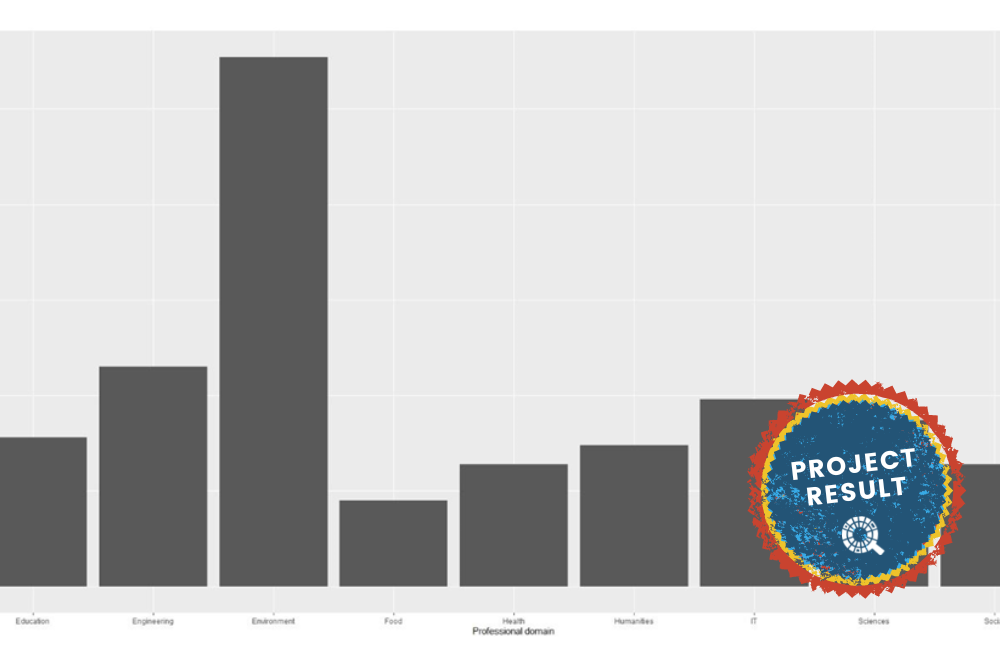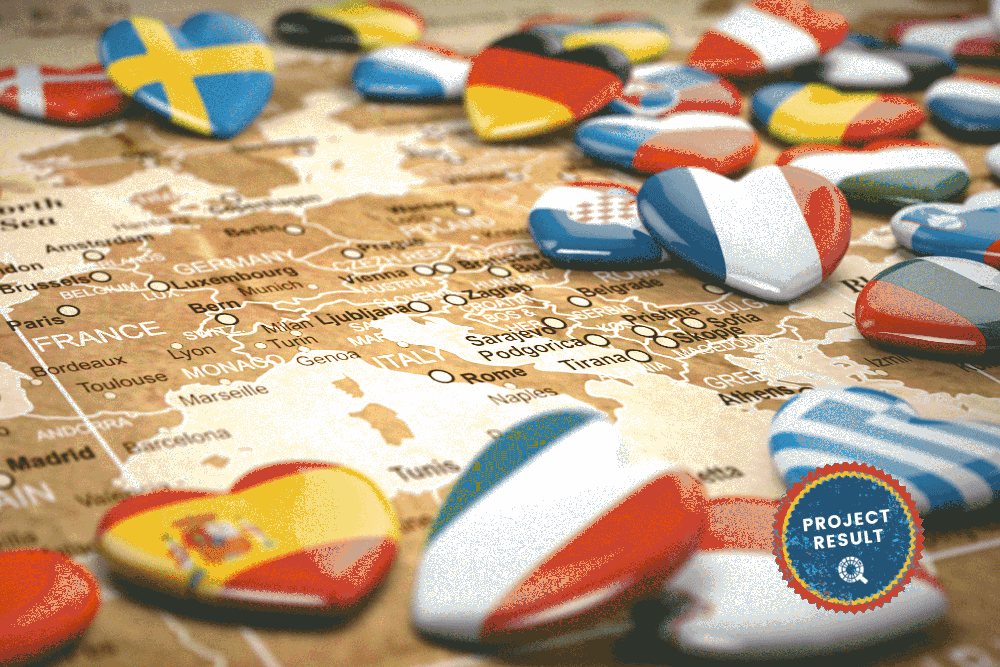Short summary
This research explores whether citizen science data could be used to improve the monitoring of the United Nations Sustainable Development Goals (SDGs). By investigating this issue from the perspective of citizen science, this research finds that citizen science projects see both valuable opportunities as well as deep-rooted barriers in linking their data to the SDGs.
Applied method
This study develops an empirical understanding of the link between citizen science data and the SDGs by employing a comparative case study research design. Specifically, we applied snowballing sampling techniques to compile an inventory of 231 citizen science projects and used selective criteria to restrict our sample to 30 case studies. After collecting documentary evidence on these 30 initiatives, we administered an online questionnaire or held personal interviews with their key representatives in order to better surface their experiences and views with respect to the SDGs.
Results
Conclusion
On the basis of its findings, this research reaches two main conclusions. On a theoretical level, this study sharpens our understanding of citizen science data as positioned within the SDG monitoring framework. In particular, it stresses the local orientation and highlights the embeddedness of citizen science projects in their communities, thus touching on the potential of citizen science to surface counternarratives of development and to correct power asymmetries resulting from an overreliance on official statistics. In this sense, this study broadens the scope of citizen science data and encourages other researchers to study citizen science within the paradigm of the SDGs. Moreover, by investigating the link between citizen science data and the SDGs from the perspective of citizen science projects, this research shows that these projects currently encounter many obstacles and that there is a need for relevant policy makers to listen to and engage them effectively. On the long and winding road of sustainable and inclusive development, citizen science initiatives can provide an invaluable contribution to SDG monitoring. But they can do so only if we truly make their voices count.
Limitation
The research methodology employed in this study has two main limitations. Firstly, the search strategies used to identify and select the 30 case studies may have resulted in biases in our sample, leading to an overrepresentation of large-scale initiatives and those with an Internet presence. Secondly, the 30 case studies selected represent only a fraction of currently active citizen science projects, thus barring us from drawing statistically representative conclusions.
References
For more information: DOI: https://doi.org/10.1007/s11625-021-01001-1
Photo by IAEA Imagebank on Flickr















